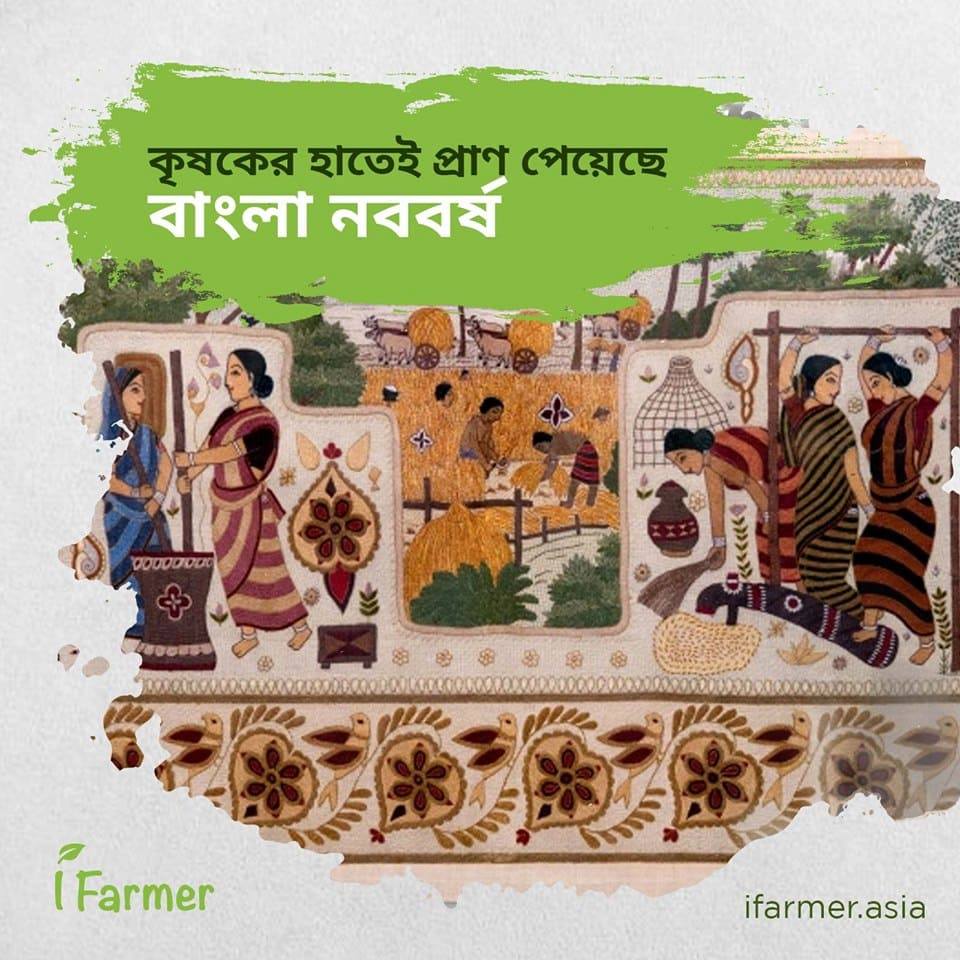Contact
Email
iFarmer Helpline (Free Call)
Calling Hours
Sat-Thu, 10AM-06PM
Business Team
01302536026
01784167973
Location
Singapore
3 Fraser Street #05-24, Duo Tower, 3 Temasek Avenue, Centennial Tower, #17-01, Singapore 039190
Bangladesh
NE(B) 3B, Road: 74, Gulshan-2,
Dhaka-1212
Visiting Hours
Sun-Thu,
(Appointment Basis)
Business Information
Trade License Number
TRAD/DNCC/020837/2022
BIN Number
001730233-0402
DCCI Serial Number
09284
